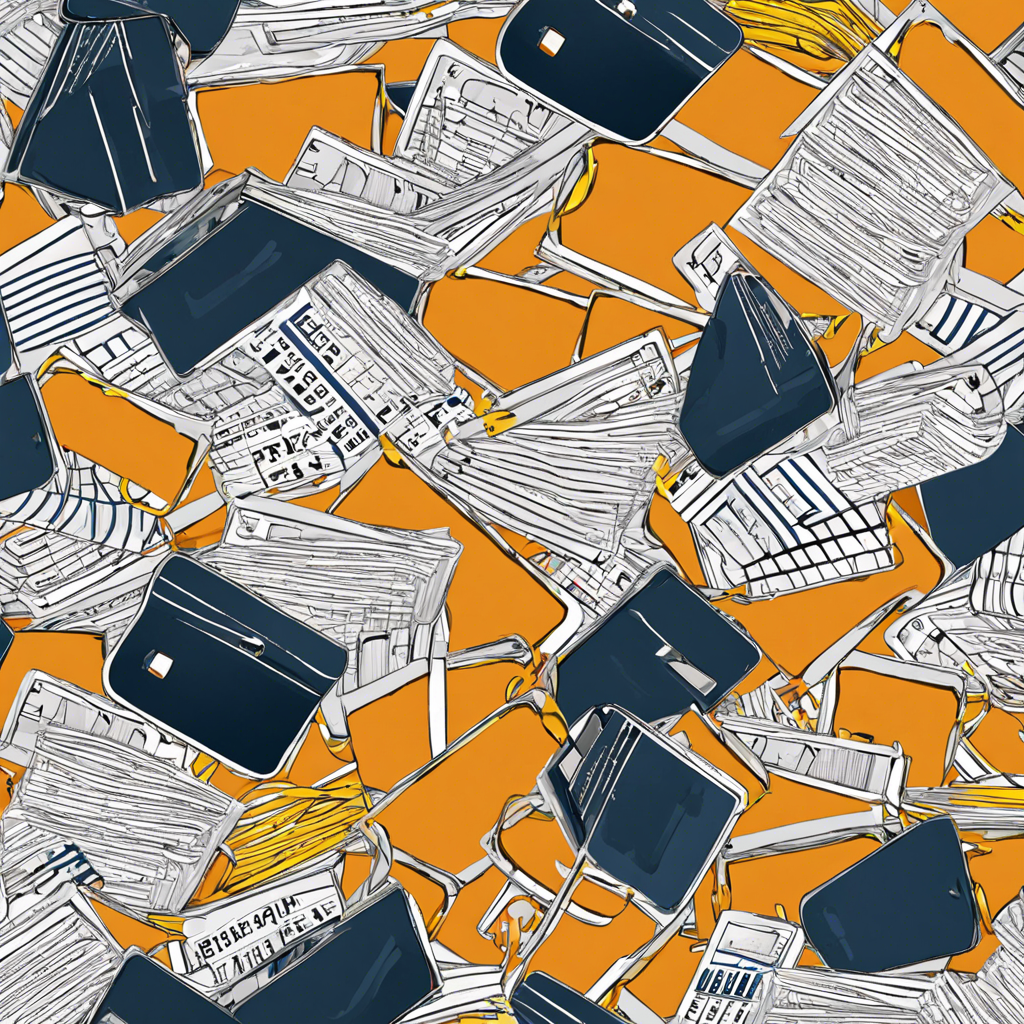Understanding the consequences of loan default is crucial for anyone navigating the world of personal finance. When you borrow money, whether it’s for a car, education, or a home, you enter into a binding agreement to repay the loan. Failure to honor this commitment through defaulting on your loan can have far-reaching effects, notably on your credit score, which serves as a financial report card of sorts.
## The Credit Score Basics
At the core of every financial decision, from loan approvals to rental applications, is your credit score. This three-digit number encapsulates your creditworthiness, essentially predicting the likelihood of you repaying debts. Lenders, landlords, and even employers often scrutinize this score to gauge your financial responsibility.
Credit scores are calculated based on various factors, including payment history, credit utilization, length of credit history, types of credit, and the number of recent credit inquiries. Among these, payment history holds the most weight, emphasizing the critical importance of making timely payments.
## The Immediate Impact of Loan Default
Loan default occurs when you fail to make payments as outlined in your loan agreement. This breach can trigger a swift and adverse reaction from lenders. They may initiate the default process after just one missed payment, although the specific timeline can vary.
Once in default, the lender can demand immediate repayment of the entire loan amount, a clause commonly found in loan contracts. This is known as ‘acceleration,’ potentially putting borrowers in a financial bind.
## The Long-Term Effects on Your Credit Score
The repercussions of loan default on your credit score can be severe and long-lasting. Late payments are swiftly reported to credit bureaus, with 30-day late payments being the most common. These delinquencies linger on your credit report for up to seven years.
Over time, late payments can significantly drag down your credit score. The damage is not just from the initial missed payment but also from the accumulating late fees, penalties, and growing debt. This can create a downward spiral, making it harder to secure loans or favorable interest rates in the future.
## The Domino Effect on Your Financial Life
A loan default is not an isolated incident; it ripples through various aspects of your financial life. Lenders may take legal action to recoup their losses, possibly leading to wage garnishments or bank account levies. Moreover, the impact on your credit score can make it challenging to secure future financing for major purchases like a car or a home.
A damaged credit score can also limit your housing options. Landlords often review credit scores when evaluating rental applications, and a poor credit history might lead to higher security deposits or even rental rejections.
## Strategies for Rebuilding Your Credit
Rebuilding your credit after a loan default is a journey that requires commitment and perseverance. The first step is addressing the root cause of the default. If financial challenges persist, consider seeking assistance from a credit counselor or a financial advisor who can help you create a budget and manage your debts.
Making timely payments on your existing accounts is essential for credit repair. Ensure you meet all payment deadlines, as this consistently demonstrates financial responsibility. Additionally, consider paying off your debts to reduce your credit utilization ratio, which plays a significant role in your credit score.
## Taking Preventative Measures
Prevention is always better than cure, and this adage rings true for loan defaults. Before borrowing, ensure that the loan payments are manageable within your budget. Maintaining an emergency fund can provide a financial cushion for unexpected expenses, reducing the risk of default.
Stay informed about the terms of your loan, including the consequences of missed payments. Regularly monitor your credit report for errors or discrepancies and dispute any inaccuracies promptly. This proactive approach can help you maintain a healthy credit profile.
## Navigating the Road to Recovery
Recovering from a loan default and repairing your credit score is a journey that demands patience and discipline. While it may take years to regain a solid credit standing, it’s not an impossible task. The key is to stay committed to responsible financial management, making timely payments, and maintaining a low credit utilization ratio.
As you work to rebuild your credit, consider using secured credit cards or becoming an authorized user on someone else’s account to establish a positive credit history. Over time, these steps can help restore your creditworthiness and open doors to better financial opportunities.
In conclusion, a loan default has profound implications for your financial well-being, significantly affecting your credit score and future borrowing prospects. However, with dedication and prudent financial practices, you can recover from a default and rebuild your credit. Education and proactive measures are key to navigating the complex world of personal finance and ensuring long-term financial health.

